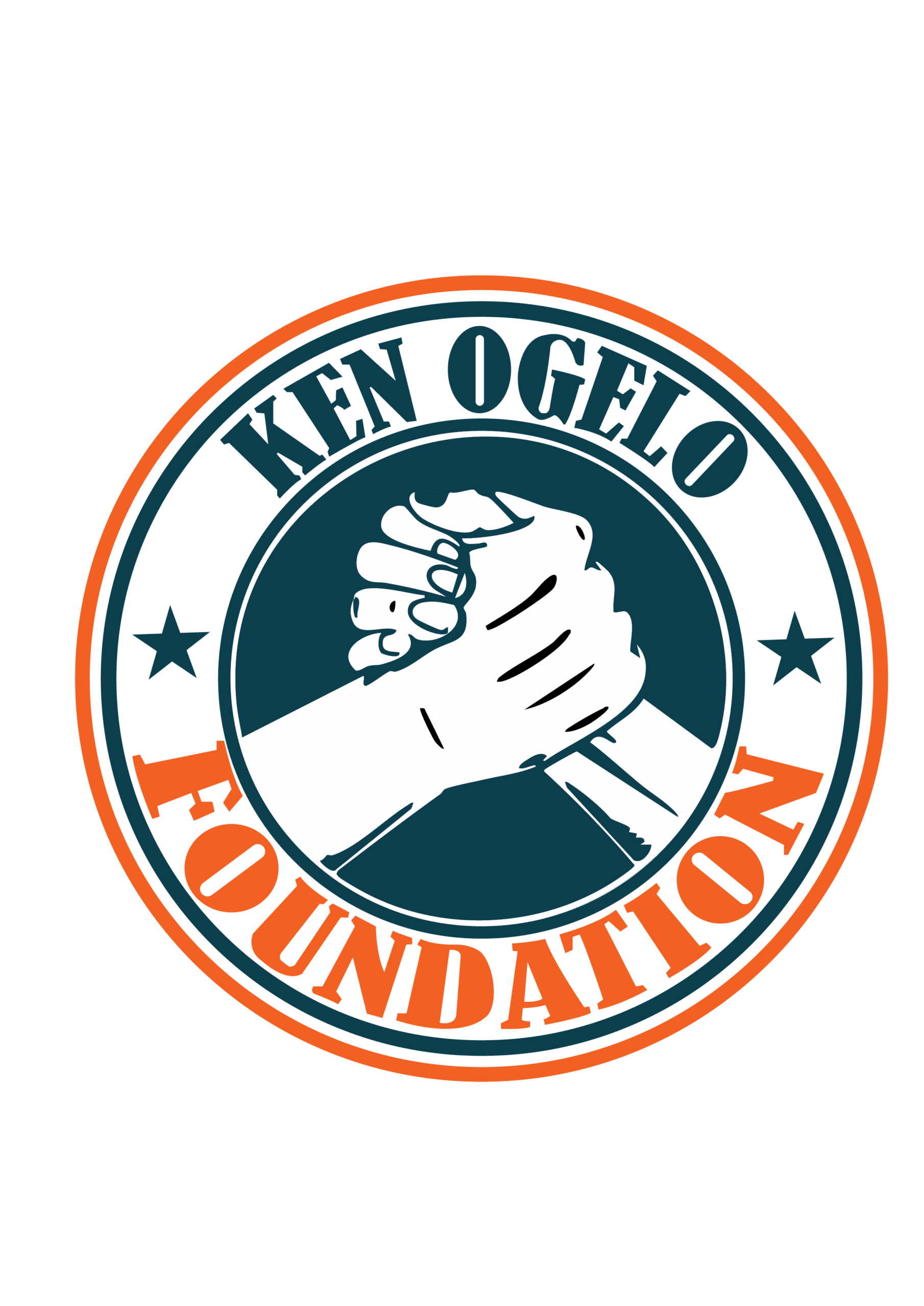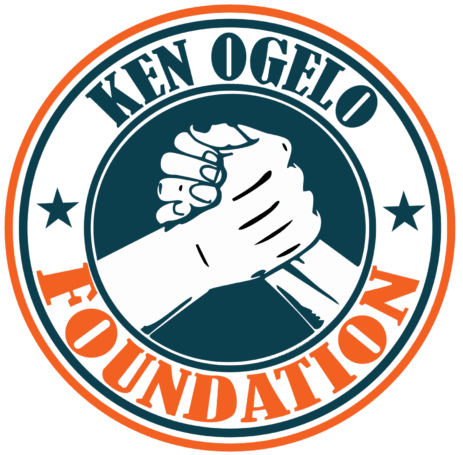
Ken Ogelo Foundation
Reducing Poverty Among Elderly (widows, widowers, orphans and the less priviledged) in Kenya Through Social Programs
"Inform Build Aspire and Inspire"
Act Now, Let's make just society
Go for it now. Many elderly (widows and widowers) Kenyans have outlived their savings and are unable to work due to health issues or age discrimination in the job market. This demographic is often overlooked in policy discussions, leading to a lack of targeted interventions that could alleviate their suffering. Addressing poverty among the elderly is not just a moral imperative; it is essential for fostering a more equitable society where all citizens can live with dignity and respect. Overview of current social programs for elderly Kenyans Limitations of Current Programs The National Social Investment Program (NSIP) includes components like the Conditional Cash Transfer (CCT) scheme, which provides financial assistance to vulnerable households, including the elderly. However, the reach and effectiveness of these programs are limited due to bureaucratic inefficiencies and inadequate funding. Many eligible individuals remain unaware of these programs or face barriers in accessing them.

From Good to Great Premium Makes the Difference.
Inconsistent Local
Local governments have initiated various community-based programs aimed at supporting the elderly, but these efforts are often inconsistent and lack sustainability. While some states have made strides in providing pensions or healthcare services for older adults, others lag significantly behind.
A Call to Action
The disparity in resources and implementation across different regions means that many elderly Kenyans continue to live in poverty without adequate support. A comprehensive review of existing programs reveals a critical need for more robust and inclusive strategies that can effectively address the unique challenges faced by this vulnerable population.
Proposed social programs to reduce poverty among elderly Kenyans
To effectively combat poverty among elderly Kenyans, a multi-faceted approach is necessary. One proposed program is the establishment of a universal basic income for all citizens aged 65 and above. This initiative would provide a guaranteed monthly stipend that ensures older adults can meet their basic needs without relying solely on family support or sporadic government assistance.
Inform Build Aspire and Inspire Priority Access, Powerful Tools—All in One Membership
View your offer
By implementing universal basic income (UBI), we can create a safety net that empowers elderly individuals to live with dignity and reduces their vulnerability to economic shocks. In addition to UBI, enhancing access to healthcare services is crucial. A proposed program could involve the creation of mobile health clinics specifically targeting rural areas where many elderly individuals reside.
These clinics would provide essential medical services, preventive care, and health education tailored to the needs of older adults. By improving healthcare access, we can help reduce medical expenses that often lead to financial strain and improve the overall well-being of elderly Kenyans.
Potential challenges and obstacles in implementing the proposed programs
While the proposed programs hold great promise, several challenges may hinder their successful implementation. One significant obstacle is the lack of reliable data on the elderly population in Kenyans. Without accurate demographic information, it becomes difficult to identify beneficiaries and tailor programs effectively.
The Only Place where Opportunities wait for you!
Additionally, bureaucratic inefficiencies within government agencies can slow down the rollout of new initiatives and create barriers for those seeking assistance. Another challenge lies in securing sustainable funding for these programs. The Kenyans government faces numerous competing priorities, and allocating resources for social programs targeting the elderly may not be seen as an immediate concern.
Engaging stakeholders from both public and private sectors will be essential to garner support and ensure that funding is available for these critical initiatives. Overcoming these challenges will require strategic planning, collaboration, and a commitment to prioritizing the needs of elderly Kenyans.
Anticipated impact and benefits of the proposed programs
The anticipated impact of implementing these proposed programs could be transformative for elderly Kenyans. By providing a universal basic income, we can significantly reduce poverty levels among older adults, allowing them to afford basic necessities such as food, shelter, and healthcare. This financial security would not only improve their quality of life but also foster greater independence and self-sufficiency.
Moreover, enhancing healthcare access through mobile clinics would lead to better health outcomes for elderly individuals. Regular medical check-ups and preventive care can help manage chronic conditions and reduce hospitalizations, ultimately lowering healthcare costs for both individuals and the government. The ripple effect of these improvements would extend beyond the elderly population; healthier seniors can contribute positively to their families and communities, creating a more vibrant society overall.
Cost and funding considerations for the proposed programs
Financial Investment and Potential Savings
The establishment of a universal basic income program will necessitate significant financial investment; however, studies from other countries suggest that UBI can lead to long-term savings by reducing reliance on emergency services and improving health outcomes.
Funding Strategies
funding focuses on well wishes, members monthly contribution and philanthropy. Seeking partnerships with international organizations focused on poverty alleviation. Additionally, engaging private sector stakeholders through corporate social responsibility initiatives could provide supplementary funding for these programs.
Ensuring Sustainability and Effectiveness
A diversified funding strategy will be essential to ensure sustainability and effectiveness in addressing poverty among elderly Kenyans. A thorough cost-benefit analysis should be conducted to assess the potential economic impact of such an initiative.
Collaboration and partnerships with government and non-governmental organizations
Collaboration between government agencies and non-governmental organizations (NGOs) will be vital for the success of these proposed programs. NGOs often have established networks within communities and can play a crucial role in outreach efforts to ensure that elderly individuals are aware of available resources. By partnering with NGOs, government agencies can leverage existing infrastructure and expertise to enhance program delivery.
The Only Place where Opportunities wait for you!
Furthermore, engaging local communities in the design and implementation of these programs will foster ownership and accountability. Community leaders can provide valuable insights into the specific needs of elderly residents, ensuring that programs are culturally relevant and effective. Building strong partnerships across sectors will create a more comprehensive approach to tackling poverty among elderly Kenyans.
Conclusion and call to action for support of the proposed programs
In conclusion, addressing poverty among elderly widows and widowers among Kenyans is an urgent issue that requires immediate action. The proposed social programs—universal basic income and enhanced healthcare access—offer viable solutions that can significantly improve the lives of older adults in Kenyan. However, successful implementation will depend on overcoming challenges related to data collection, funding, and collaboration. We, Ken Ogelo foundation call upon government officials, NGOs, community leaders, and citizens to unite in support of these initiatives. By working together, we can create a more equitable society where every elderly Kenyan has the opportunity to live with dignity and security. Let us take action now to ensure that our elders are not left behind but are instead empowered to thrive in their golden years.
Latest Projects
Contact us now
E-Mail: info@kenogelofoundation.org
Telephone: +254 727 308 754
Adress: P.O BOX 54 Oyugis
